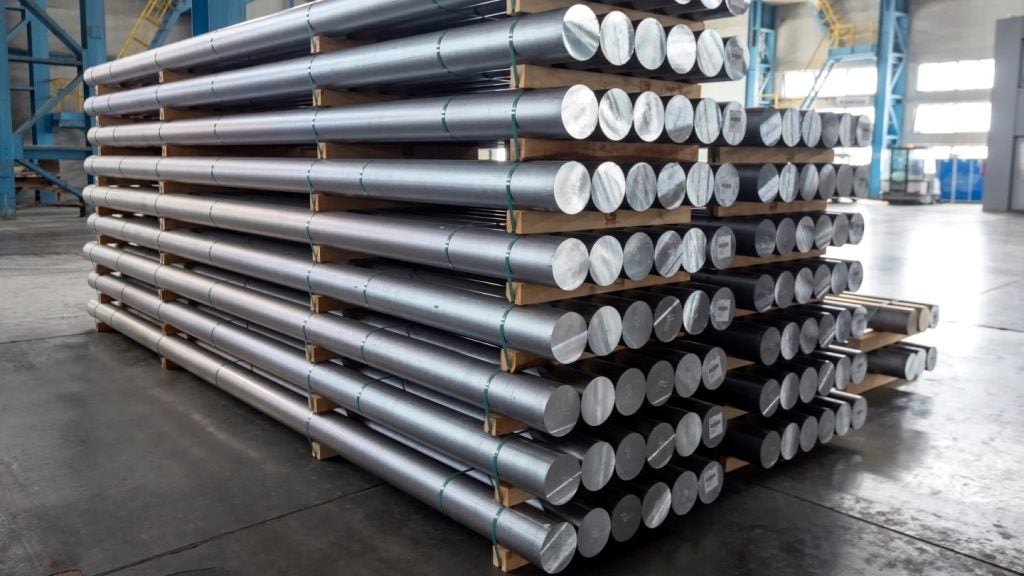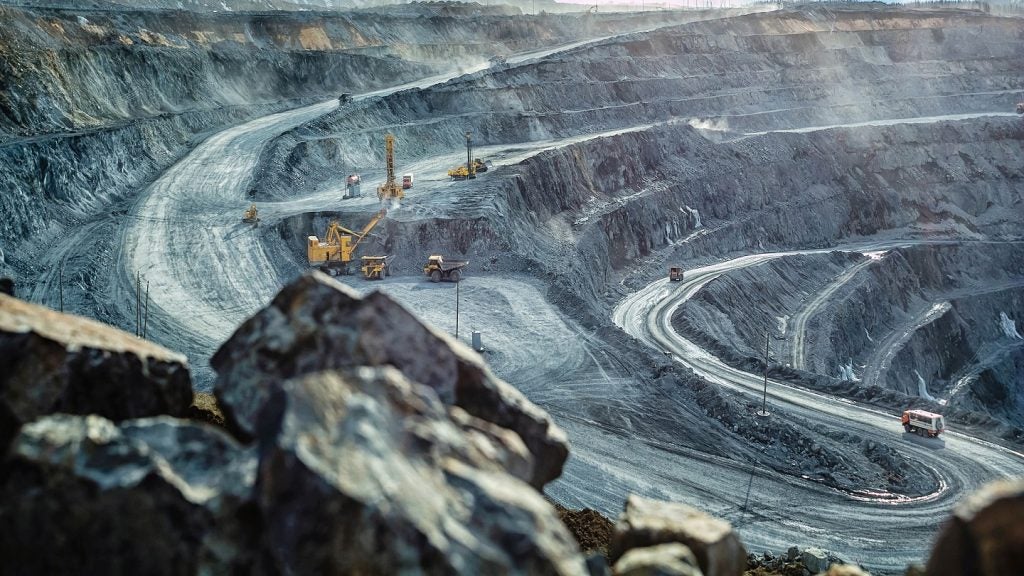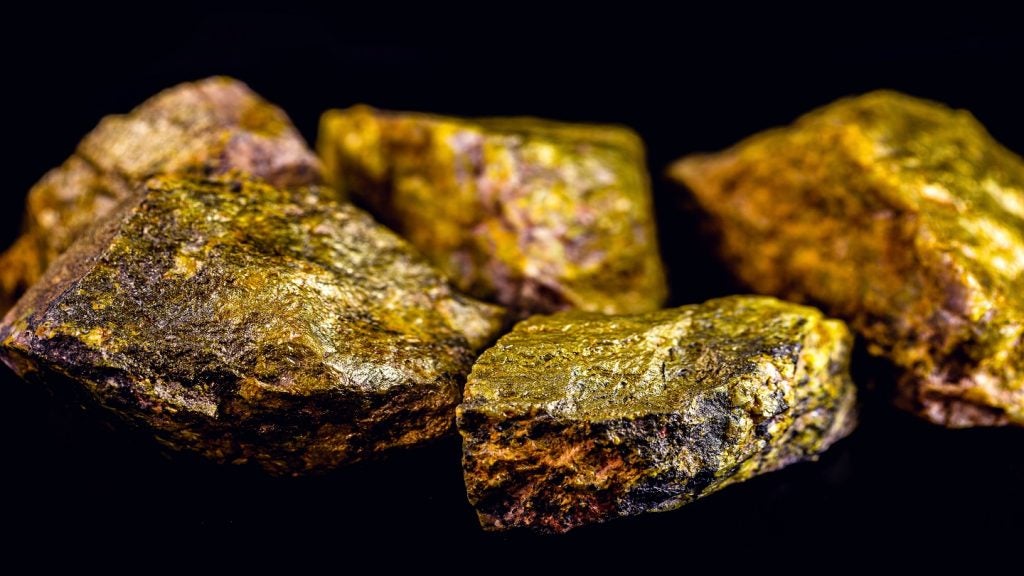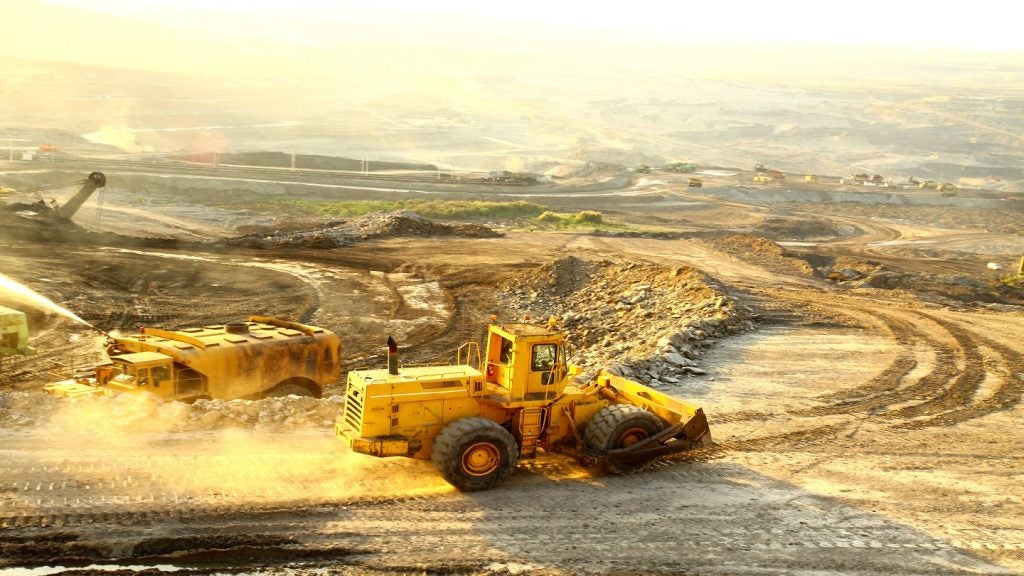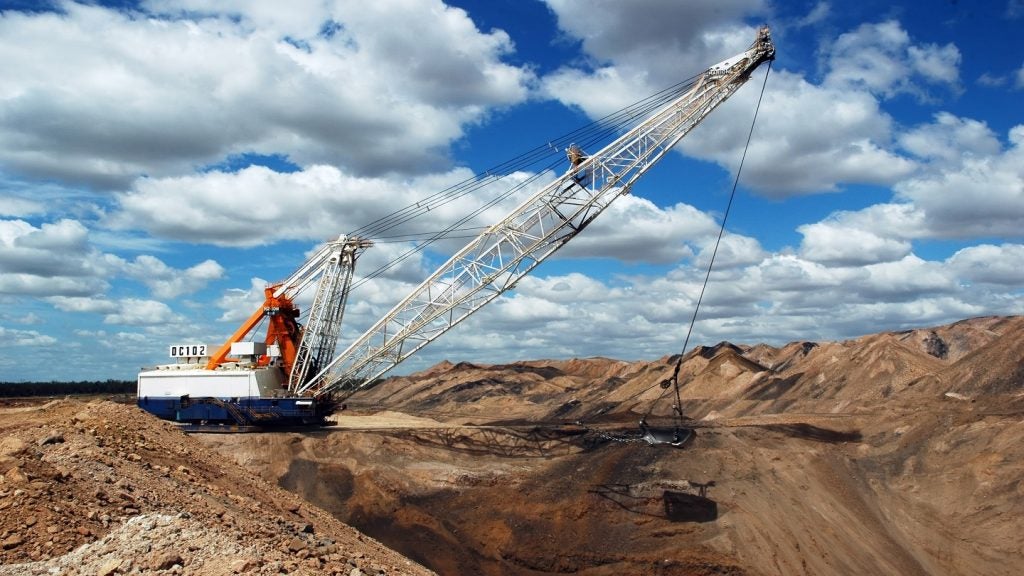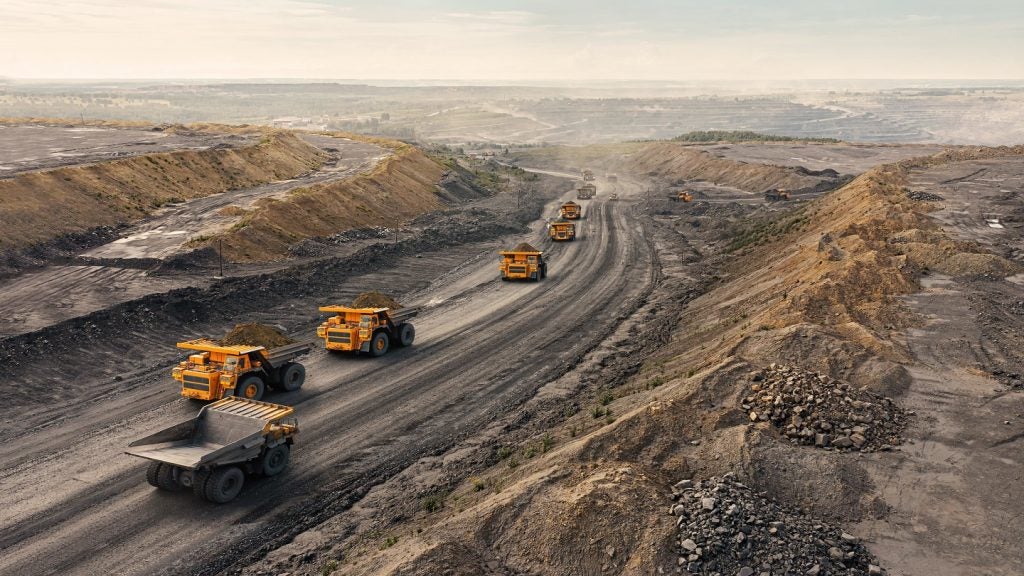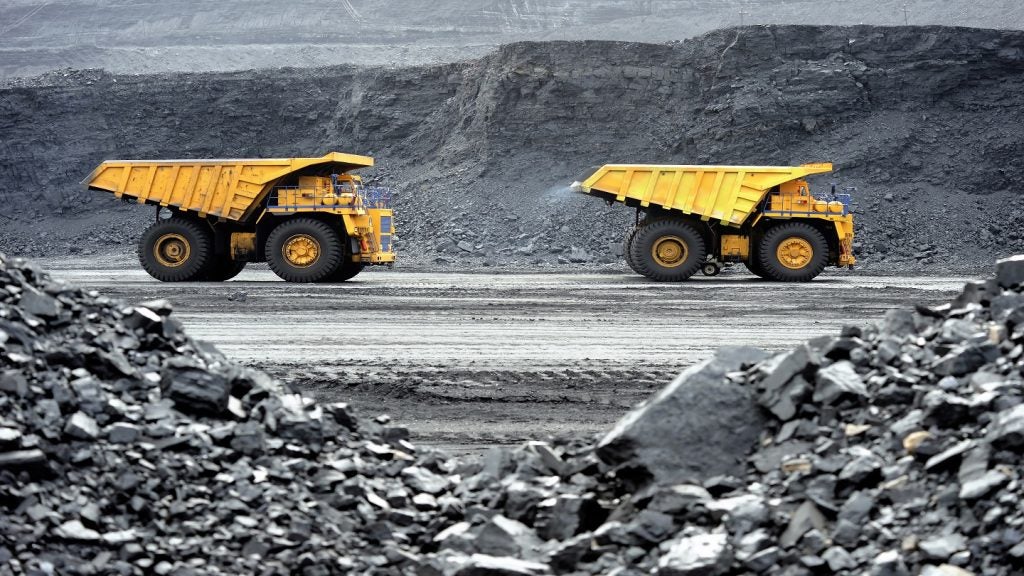The US has announced a new set of sanctions on more than 500 people and entities in Russia, but the measures did not affect the nation’s base metals industry.
Prior to the announcement, the price of aluminium and nickel rose due to assumptions that sanctions would limit supplies of the two metals. The aluminium price subsequently fell and nickel pared earlier gains.
The nickel gain of 1.2% fell to just 0.3%, while the aluminium price dropped 1.1% on Friday. Aluminium prices had reached their highest mark since early February only two days earlier (Wednesday) after US President Joe Biden’s earlier announcement that new sanctions would be imposed in response to the death of Russian opposition leader Alexey Navalny.
As the price rise was driven by speculation over the imposition of measures, the price is now a more accurate reflection of market fundamentals.
Ewa Manthey, commodities strategist at ING Groep NV, told Bloomberg: “Aluminium has erased all the gains this afternoon after being buoyed this week by speculation of sanctions. Now the focus moves back to demand side woes including the challenging macro backdrop in China and higher borrowing costs and the uncertain path of [the] US Fed’s easing cycle. We believe global economic uncertainty will continue to weigh on the outlook for aluminium.”
Manthey added that the nickel market remains oversupplied.
Initially, Russian base metals had avoided most of the West’s sanctions. However, in December, the British Government prohibited its citizens from acquiring, importing, supplying and delivering Russian-origin metal. London Metal Exchange (LME) members can now only hold and sell Russian metal bought after 15 December, and not take physical delivery or re-warrant it in the LME system.
Such measures have added to the growing complexity of trading Russian metals, prompting more consumers and traders to avoid it altogether.


